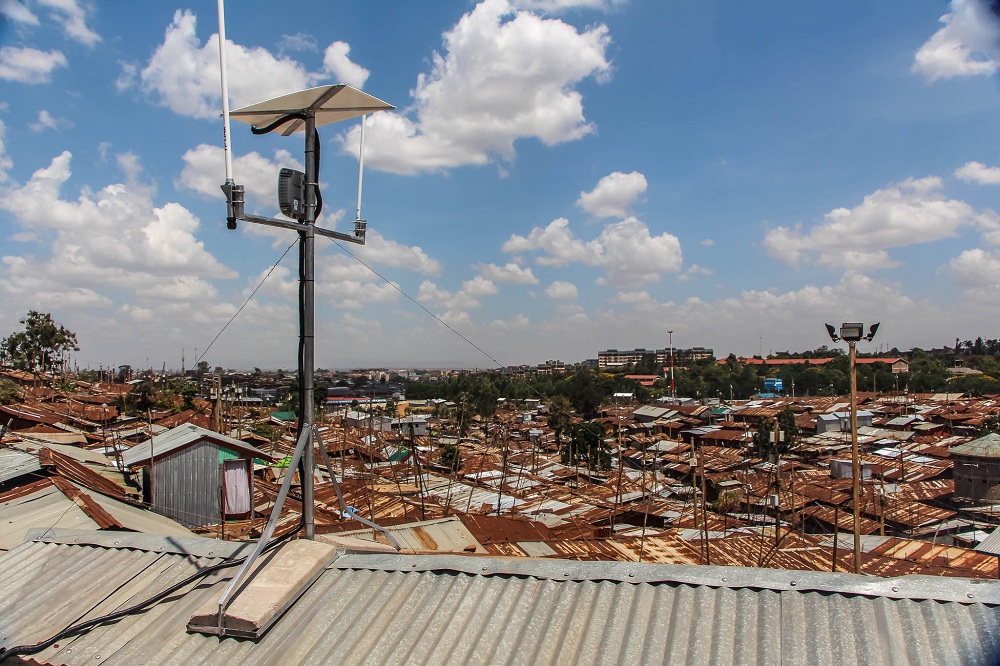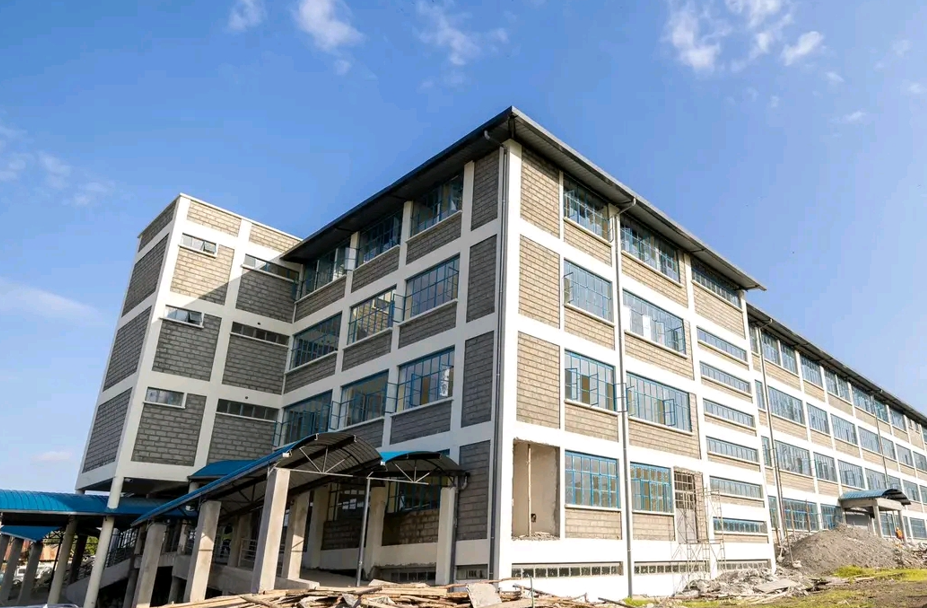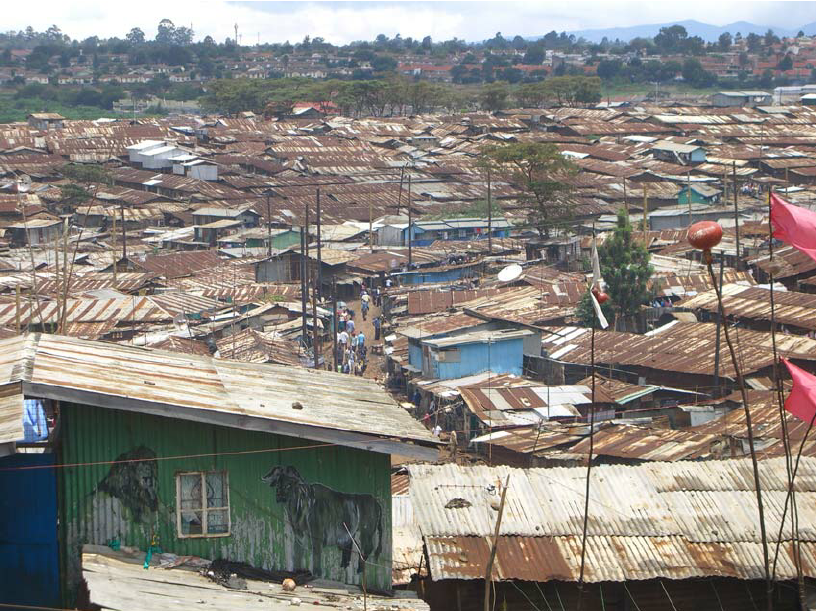poa! internet, the low-cost Internet service provider in the low-income slums of Kibera and Kawangware, Nairobi, has now registered over 1,500 new home Internet connections as hundreds of users who previously subscribed to their Ksh 10 an hour and Ksh 50 a day public Wi-Fi move to poa!’s Ksh 1,500 a month wireless home internet service.
“Getting Kibera residents online, with our unlimited wireless home connection service, represents a major break-through in ending Africa’s digital divide between the rich and urban connected, and the poor and rural unconnected,” said Andy Halsall, poa!’s Chief Executive Officer.
With poa!’s wireless home Internet service, slum dwellers are now able to connect up to five devices to their home Wi-Fi router at any time, enjoying a stable and strong signal as well as poa!’s famous unlimited connection, meaning their customers are no longer counting MB’s.
Beyond providing just Internet connections to their customers, poa!’s home Internet is also solving major security concerns. In Kibera, one of the largest urban slums in Africa, just six kilometres from Nairobi’s city centre, there are high rates of petty crime, especially at night. Residents frequently risk losing their smartphones and laptops to thugs, as they move around the dark and often congested passages between the tightly squeezed shanty houses in search of public Wi-Fi hotspots. Enabling people to wait until they are home before spending time surfing the web is helping to reduce crime in these critical areas.
“Kenya has one of the highest rates of smartphone penetration in Africa. But a next critical step in getting our lowest income communities to make the most from these devices is achieving affordable and secure internet at home” said Andy. “We believe by offering to such an affordable and truly unlimited home service we are transforming the way our customers use the Internet.”
“Our customers, who live in both standalone houses and apartment blocks, often look for a service that allows them to access social media, stream online media and carry out research, which, in the absence of local providers, can see them paying more than anyone on ad hoc MB focused data bundles.”
poa! launched their wireless home Internet service in 2017, as a move to bridge the gap between the connected and the millions of unconnected users in the low-income areas of Kenya, believing that bringing affordable internet connections to people’s homes is a basic necessity similar to electricity and water.
After subscribing to the service, poa! Home customers are provided with their own private Wi-Fi router, allowing any family member in the home to access the Internet without paying for multiple accounts.
Husna Harun a resident of the Karanja area of Kibera said: “poa!’s home service works for me because I have a family. I wanted my children, husband and I to enjoy the Internet in the comfort of our home. I use the internet, especially, to help my children with homework and for entertainment during weekends. We also use the internet to access our church online forums.”
In delivering public Wi-Fi hotspots across Kibera and Karangware, areas that are home to over one million low-income Kenyans, poa! has deployed over 120 access points, many of which are installed at schools, clinics and other community locations. These institutions act as hotspots for poa! customers to use their truly unlimited data plans that start from just Ksh 10 an hour, Ksh 50 a day.
READ: 30 employees lose jobs as OLX shuts Kenyan office
But, said Kibera resident Brian Otieno: “As a freelance journalist, I needed affordable and reliable internet in my home that allows me to submit my work with ease and beat tight newsroom deadlines. I chose poa!’s home internet package for my convenience and because of its affordability”.
Plans are now underway to expand poa!’s Internet service into other rural and low-income communities beyond Kibera and Kawangware.
“We are committed to extending Internet connections to more low-income towns, and especially into people’s homes, where using the Internet has become an essential necessity. Our aim is to enhance Kenyans’ lives by providing affordable access to Internet for digital entertainment, job opportunities for the youth, and accessing entrepreneurial and educational resources,” said Halsall.













Am in in kawangware and i need inernet in my house
Am interested kindly call me back
Hi, am at Kawangware and I am curious to know about your services before I subscribe
Hi, am in huruma flat’s Nairobi . How can I get it?
I want to inquire if your Internet has coverage in mwihoko route 160 near uhuru kenyatta secondary.
I’m in Waithaka, I need poa wifi
I need Poa wi-fi Iam in Dandora Nairobi
I need poa Wi-Fi
Am in Kariobangi south -Mahutini area
I need poa wifi
Hello am interested in your network. Do you have coverage in nakuru njoro kihingo..
Are you in Nakuru, want one for home use
Do your coverage reach ngong,kerarapon
Haloo, a friend referred me to your service how can I get you, need to fix it
Can someone in saika near NAIVAS supermarket get poa Wi-Fi I have my own Wi-Fi Antenna which can receive signal from ten kilometers.
I need poa internet in Othaya…..is it possible?
I neeed wifi, I stay near delta petrol station.
Contact me on 0729706916.
I need poa internet I’m at gishagi
I need poa internet, Kasarani Hunters after clay City secondary
I need it
Im in kahawa west how much is it ?
Hi Does poa internet cover Nairobi’s Kasarani area? Kindly confirm.
I’m in uthiru how much to install home wifi. Kindly reply I’m interested
How much do you pay to have a booster installed in my building?